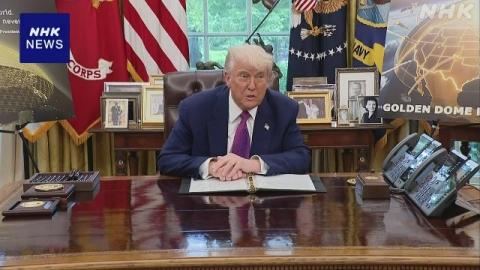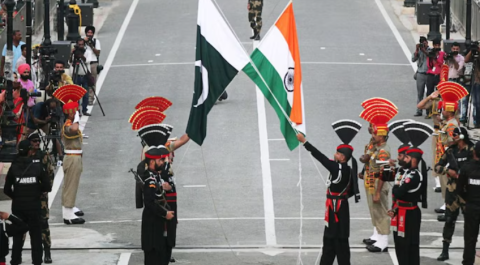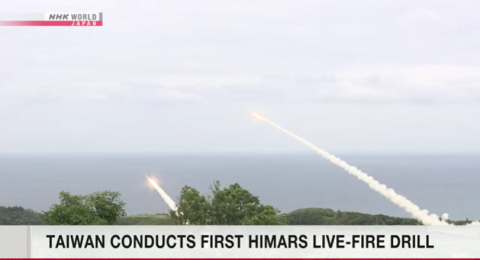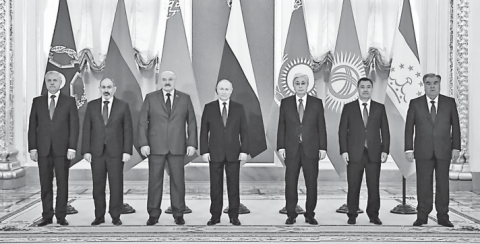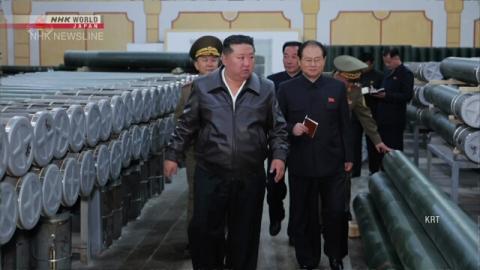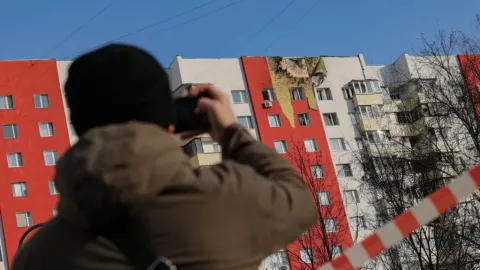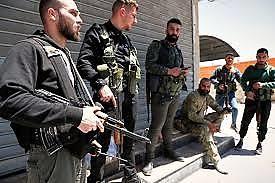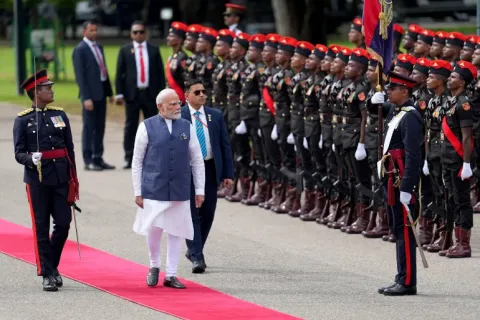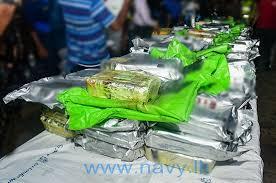Russia says Ukraine has launched an overnight drone attack targeting Moscow for the second night in a row.
All four of the capital's major airports were closed for several hours to ensure safety but later reopened, Russia's aviation watchdog Rosaviatsia said on Telegram.
Moscow's mayor, Sergei Sobyanin, said on social media at least 19 Ukrainian drones had been destroyed before they reached the city "from different directions". He said some of the debris had landed on one of the key highways into the city, but there were no casualties.
Ukraine has not yet commented. But the mayor of Kharkiv said Russia had also carried out drone strikes in the city overnight, as well as in the Kyiv area.
The governor of Ukraine's Odesa region, Oleh Kiper, said one person was killed in a drone strike.
It is the second night in a row that Russia has reported a drone attack by Ukraine - on Monday, Russia's defence ministry said it had destroyed 26 Ukrainian drones overnight.
Unconfirmed reports by Russian military bloggers suggested windows of an apartment in the south of Moscow were smashed.
As well as in Moscow, the governors of other Russian cities, including Penza and Voronezh, also said they had been targeted by drones overnight into Tuesday.
Since Russia's full-scale invasion of Ukraine more than three years ago, Kyiv has launched several drone attacks on Moscow. Its biggest attack in March killed three people.
Source: BBC

